Lower Limb Tendinopathy Course by Dr Ebonie Rio – Instant Download!
This course, titled Noigroup Pain Science Education, is an advanced online training designed for health professionals seeking to deepen their knowledge of pain mechanisms, pain management strategies, and rehabilitative techniques. The program is delivered by Noigroup, a leader in pain science education, and integrates neuroscience, clinical evidence, movement science, and patient-centred care.
Lower Limb Tendinopathy Course by Dr Ebonie Rio Free Download – Includes Verified Content:
Lower Limb Tendinopathy Course by Dr Ebonie Rio – Free Download Video Sample:
Lower Limb Tendinopathy Course by Dr Ebonie Rio Free Download, Watch content proof here:
Overview of This Course
Learners can expect a combination of didactic modules, case studies, evidence reviews, and practical implementation tools. The material will cover the latest research in pain neurobiology, the role of threat and cognition in chronic pain, movement-based interventions, therapeutic communication, and considerations for designing individual or group rehabilitation plans.
The course is self-paced (or may include live online sessions depending on the format) with resources such as video lectures, downloadable handouts, and possibly interactive quizzes. The goal is to enable clinicians to integrate pain neuroscience education into their clinical practice, improving outcomes for people living with acute or chronic pain.
Why Should You Choose This Course?
For clinicians who have been searching for long-tail professional development options such as “how to use pain neuroscience education to reduce chronic low back pain in physical therapy practice” or “best evidence-based strategies for clinician-led therapeutic movement in persistent pain syndromes”, this course is especially relevant.
Most pain courses focus on one aspect, such as manual therapy, exercise, or pain psychology. This Noigroup offer blends multiple domains — neuroscience, threat modulation, movement, behavioral strategies — which helps address the multifaceted nature of pain. Clinicians seeking “comprehensive training to treat both nociceptive and central sensitization pain presentations effectively” will find this approach beneficial.
Additionally, Noigroup has a reputation for translating complex scientific findings into clinically usable tools. If you want “tools to explain pain to patients in a way that reduces fear and improves adherence” or “strategies to calibrate movement exposure for clients with chronic pain without exacerbating symptoms”, this program is tailored to those needs.
Finally, the course aligns with long-tail goals like improving patient outcomes, reducing healthcare costs through non-pharmacological interventions, and enhancing your credibility as a clinician who can deliver up-to-date, science-based pain care.
What You’ll Learn
Upon completion of Noigroup Pain Science Education, participants should acquire the following competencies:
-
Pain Neurobiology Foundations: Understanding how the nervous system processes pain, including central sensitization, neuroplasticity, and how factors like cognition, emotion, and threat influence pain perception.
-
Threat and Cognition Modulation: How beliefs, fear, catastrophizing, and threat appraisals amplify pain; tools for clinicians to help patients reconceptualize threat and reduce the threat-pain cycle.
-
Movement-based Rehabilitation Strategies: How to design graded movement exposure programs, movement retraining, and restore function without worsening pain. Includes strategies for pacing, progression, and restoring normal movement patterns.
-
Therapeutic Communication Skills: How to explain pain in non-threatening language, improve patient engagement, and foster self-efficacy; methods for delivering education that reduces fear, improves adherence, and promotes behavior change.
-
Practical Clinical Case Application: Real case studies across pain conditions (musculoskeletal, persistent, or chronic pain); applying assessment, movement prescription, and monitoring strategies; adapting interventions to individual patient needs.
-
Patient-centred Care Planning: Co-designing rehabilitation plans with patients, considering their context, preferences, barriers, and goals. Incorporating biopsychosocial model aspects.
-
Evidence-based Review and Research Translation: Skills to interpret research, integrate new evidence, and keep practice current. Understanding what clinical trials show, and how to apply those findings in everyday patient care.
-
Risk Management and Safety: How to progress movement exposure with caution, monitor for flare-ups, and adjust programs to avoid harm. Recognizing red flags and collaborating with other professionals as needed.
These learning outcomes address long-tail clinical learning objectives like “how to reduce fear-avoidance in clients with chronic pain through neuroscience education” or “how to safely reintroduce physical activity in persistent pain using graded movement exposure.”
Who Should Take This Course?
This training is ideal for:
-
Physical Therapists, Physiotherapists, Occupational Therapists who want to expand their knowledge of pain science and update their movement-based rehabilitation techniques.
-
Chiropractors, Osteopaths, Manual Therapists interested in integrating threat modulation, patient education, and graded movement into their practice.
-
Pain Psychologists, Clinical Psychologists, Behavioural Therapists seeking to deepen functional, movement-oriented dimensions in chronic pain treatment plans.
-
Medical Practitioners, Nurses who deal with chronic pain populations and want non-pharmacological tools and science-based education resources.
-
Health Coaches, Exercise Physiologists wanting to improve their approach to clients with pain conditions, ensuring safe movement prescriptions and reducing relapse.
-
Students and Clinician Researchers who want to keep up with evolving literature, apply evidence-based models, and develop interventions that are aligned with neuroscience.
-
Clinicians aiming for long-tail outcomes, such as “how to reduce patient disability in chronic low back pain through clinician-led pain education and movement” or “how to minimize flare ups and improve function in chronic pain patients with graded rehabilitation plans.”
Conclusion
Effective pain management requires more than symptom suppression—it demands a deep understanding of neurobiology, threat regulation, movement, and patient engagement. Noigroup Pain Science Education offers clinicians a structured, evidence-based path to build those skills comprehensively. Completing this course will give you long-term competencies such as “how to help patients reconceptualize their pain to reduce fear and improve function”, “how to design graded movement programs that minimize relapse and maximize functional recovery”, and “how to deliver therapeutic education in a way that empowers patients and improves outcomes.”
Advance your clinical practice now — enroll in Noigroup Pain Science Education (Offer QxPpPLyQ) and gain the confidence and tools to treat pain with science, compassion, and lasting change.

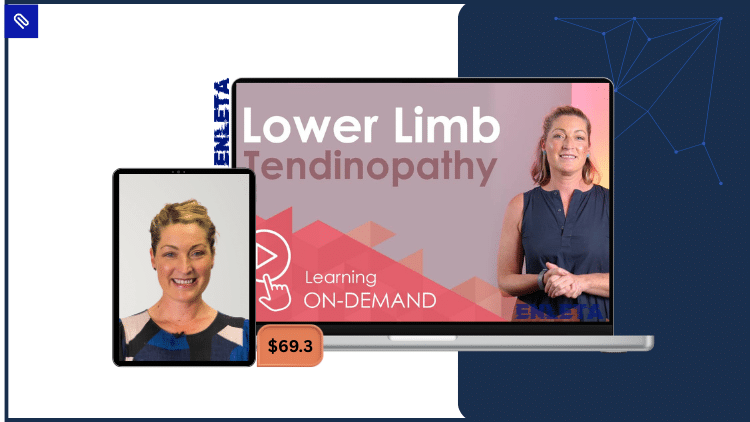

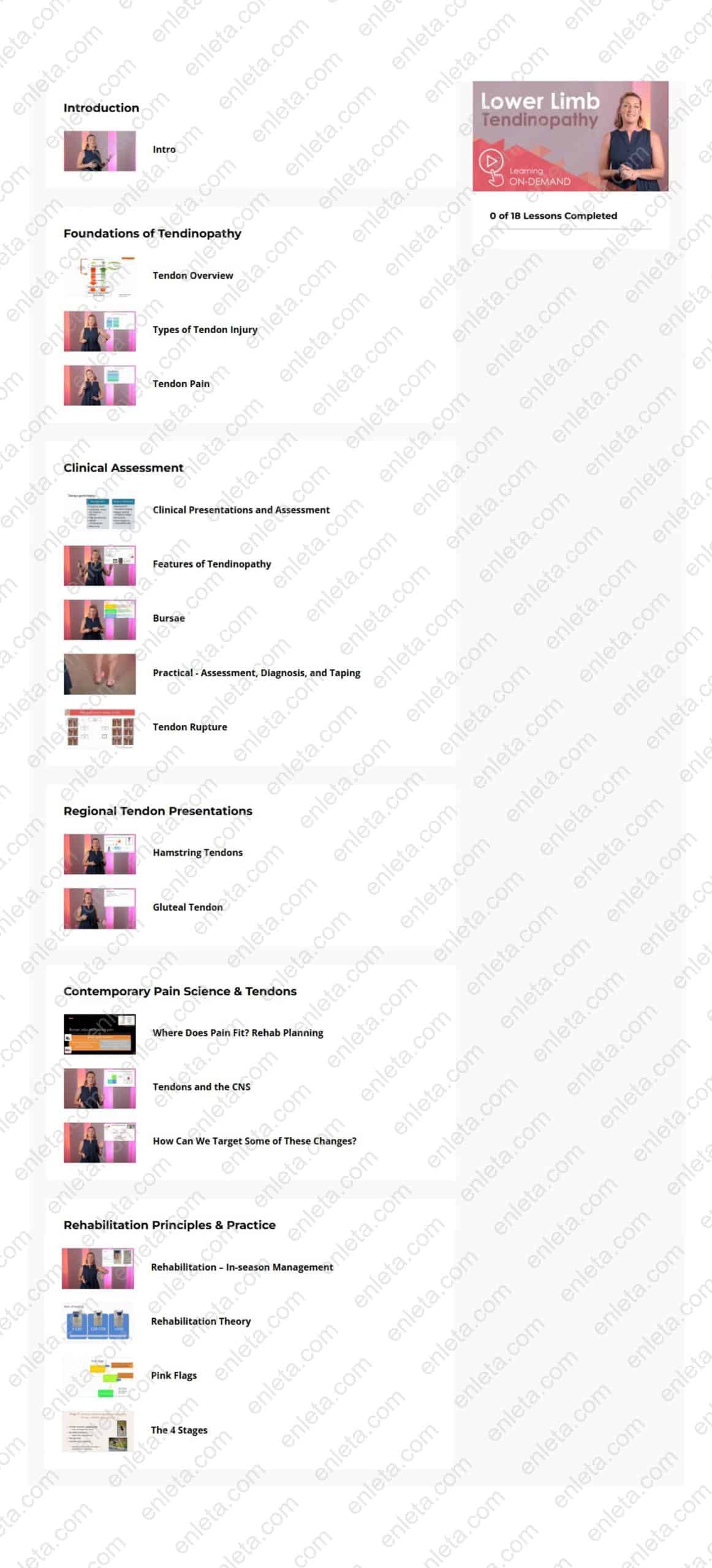
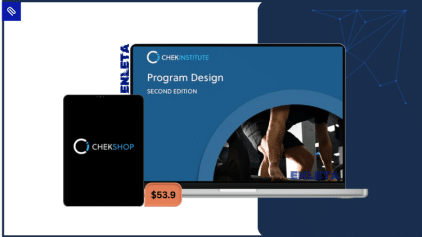
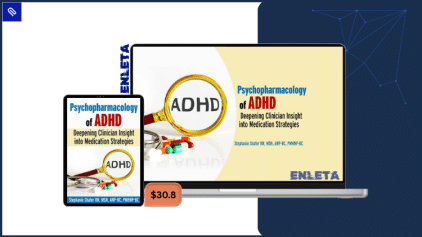

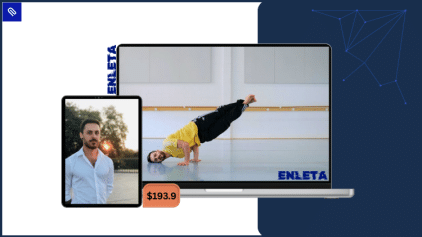

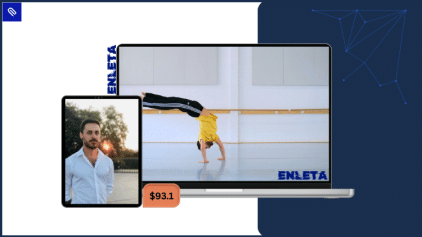
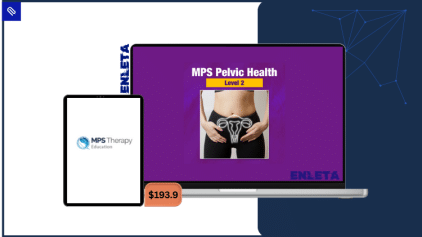
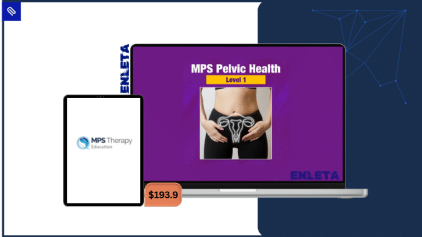
Reviews
There are no reviews yet.